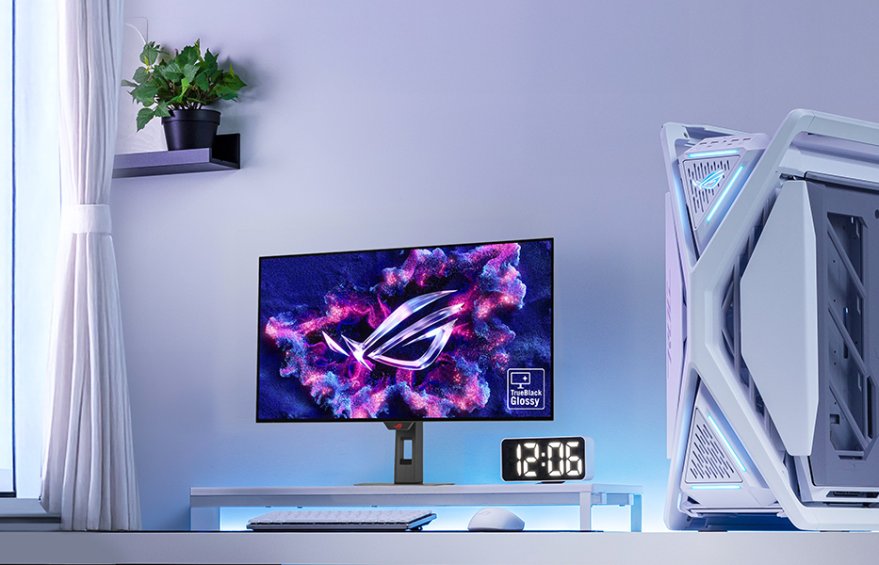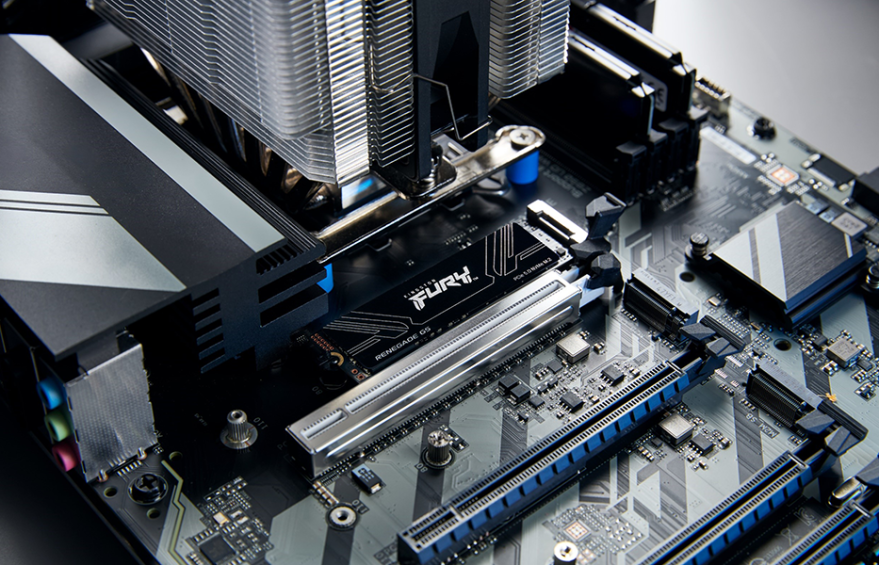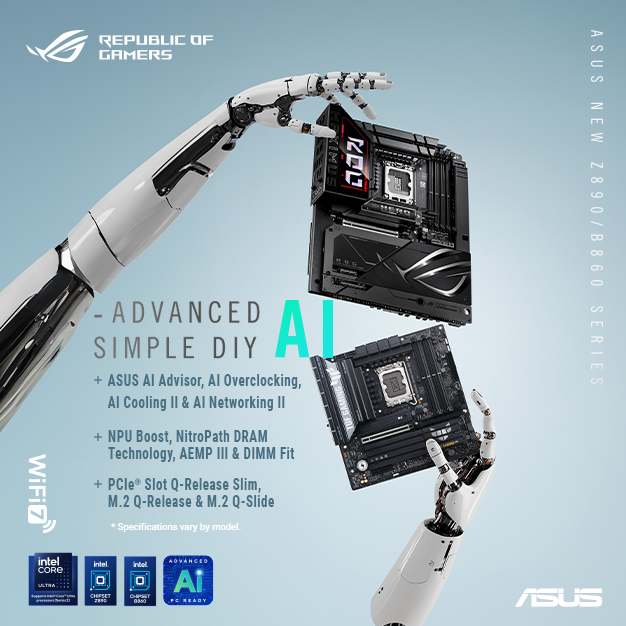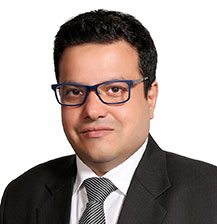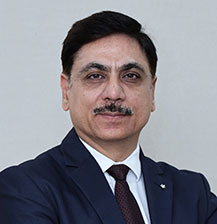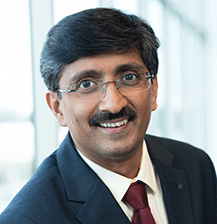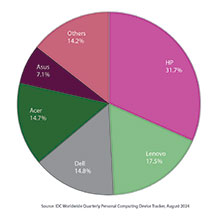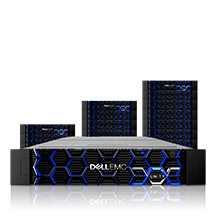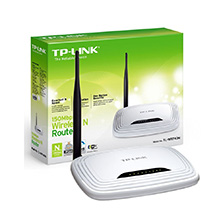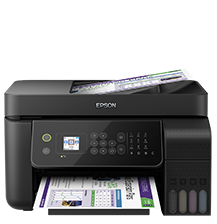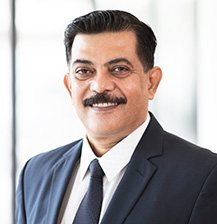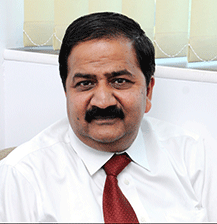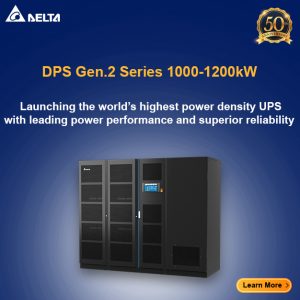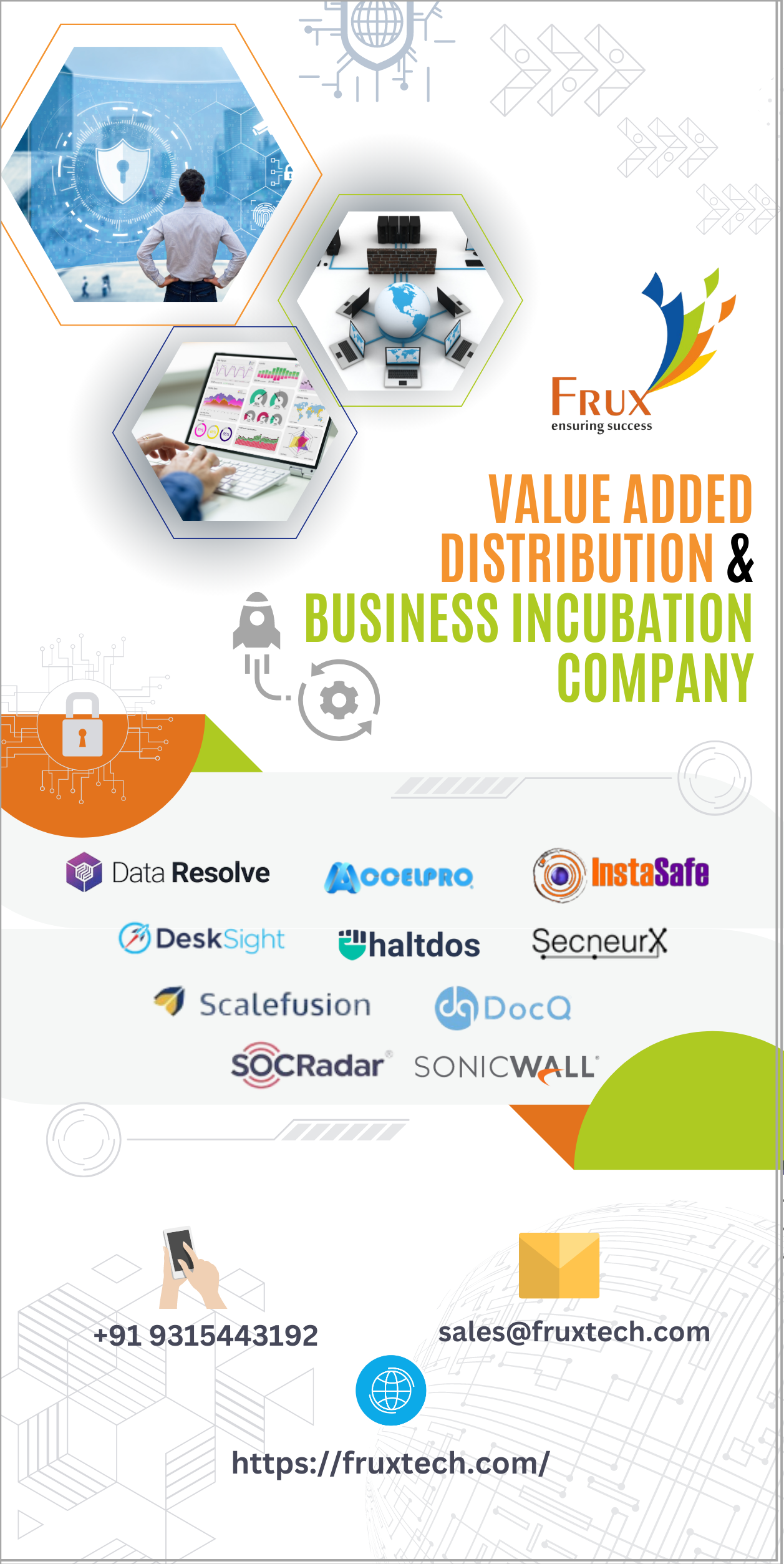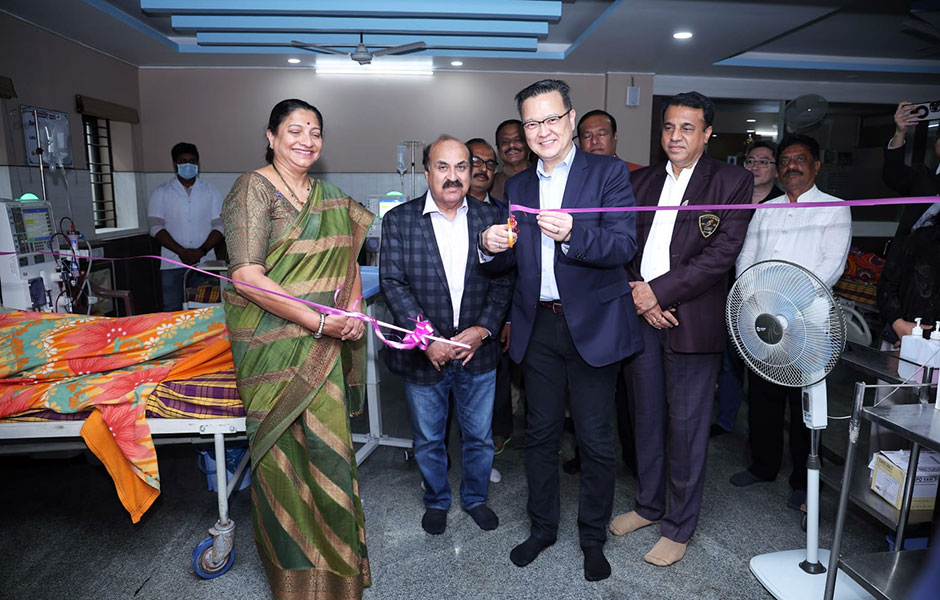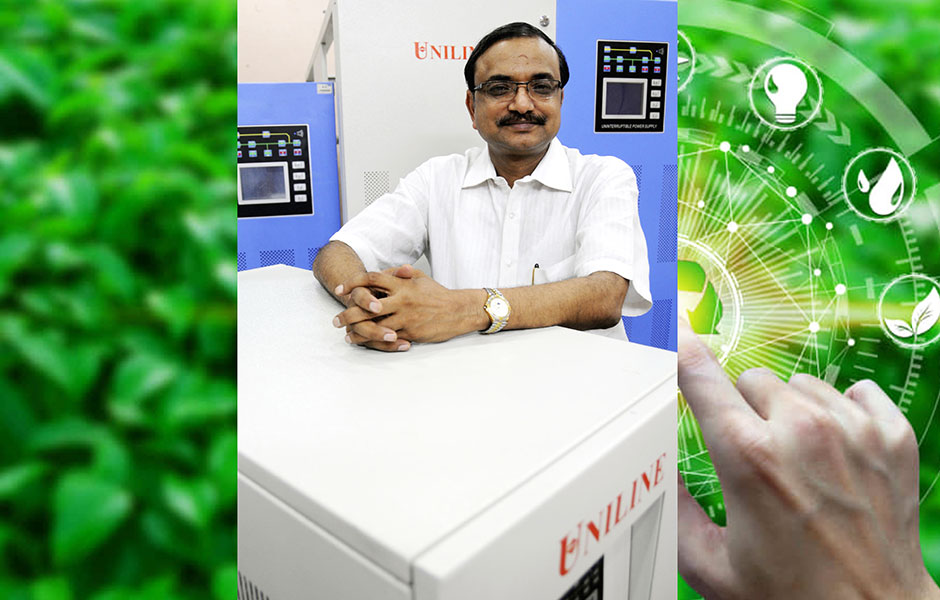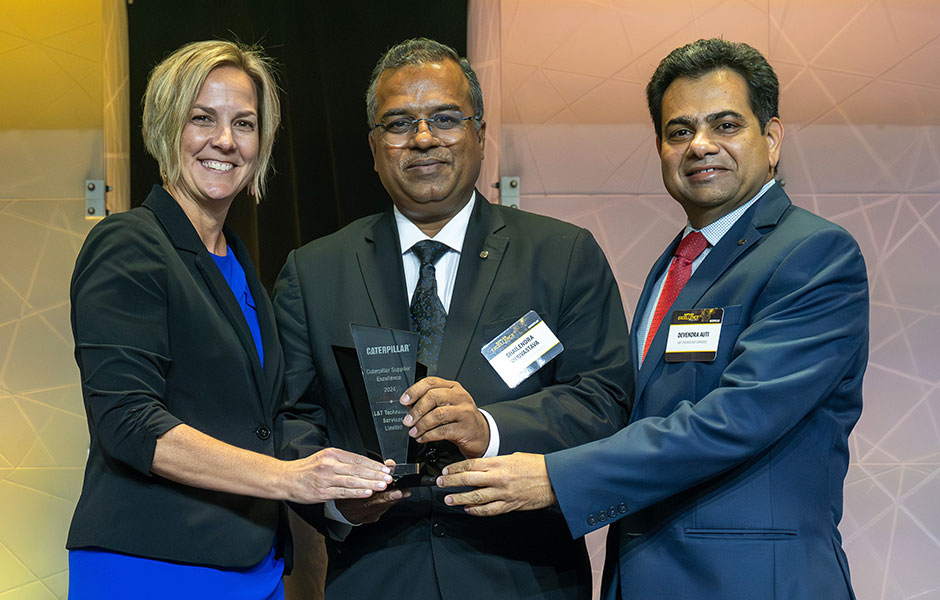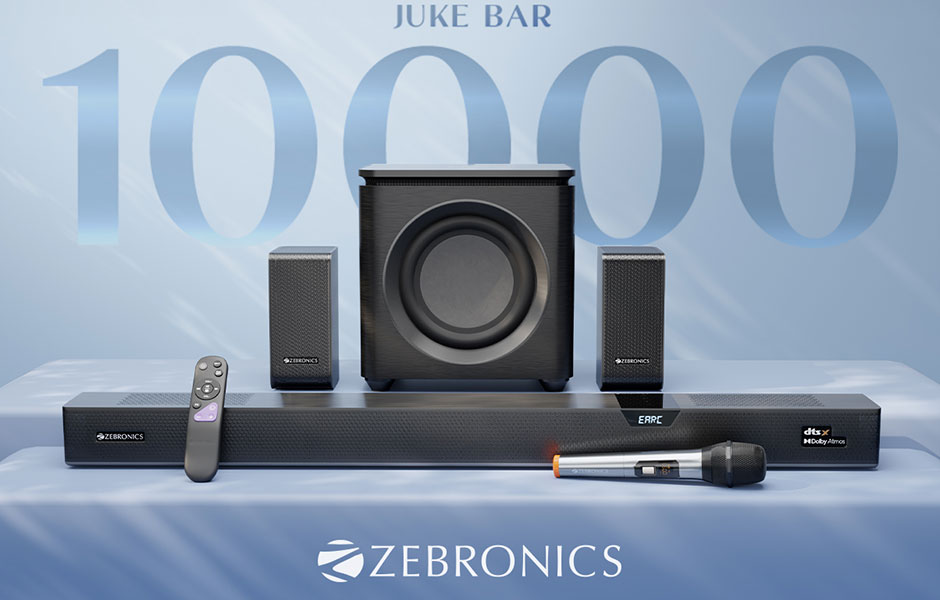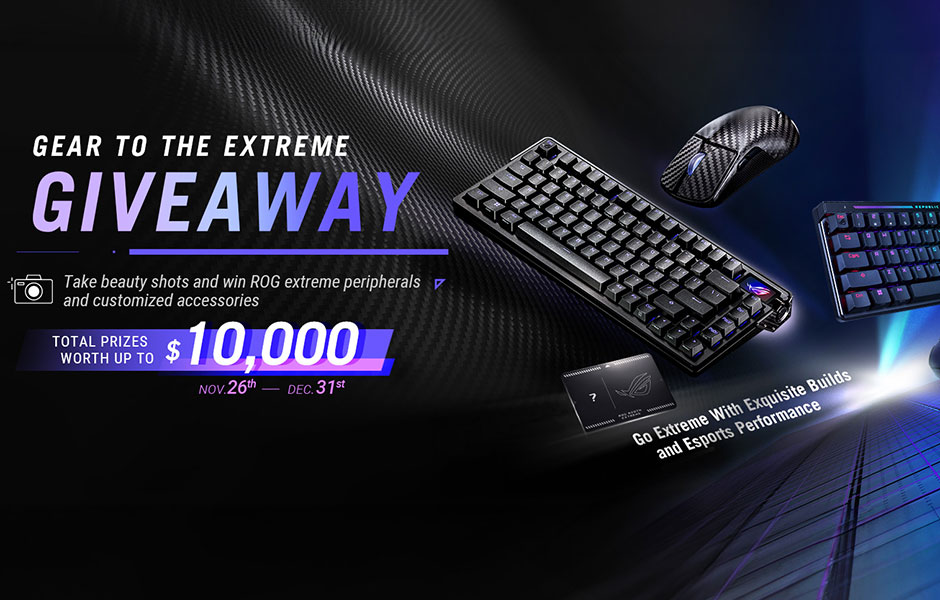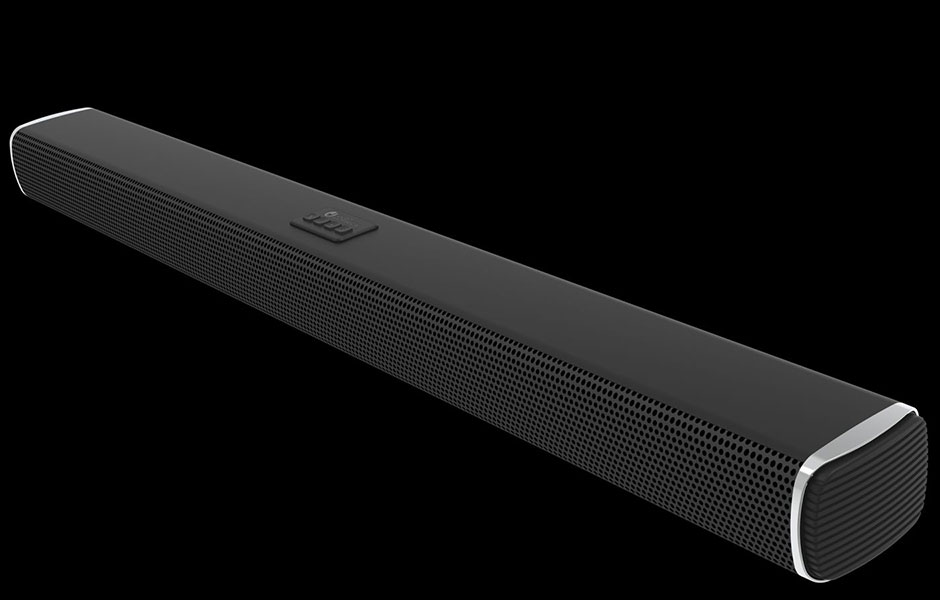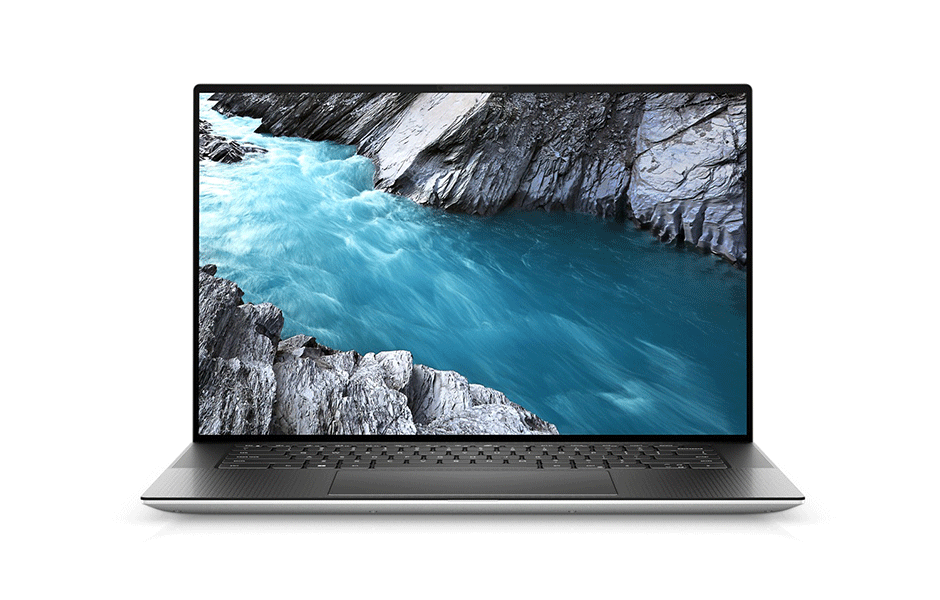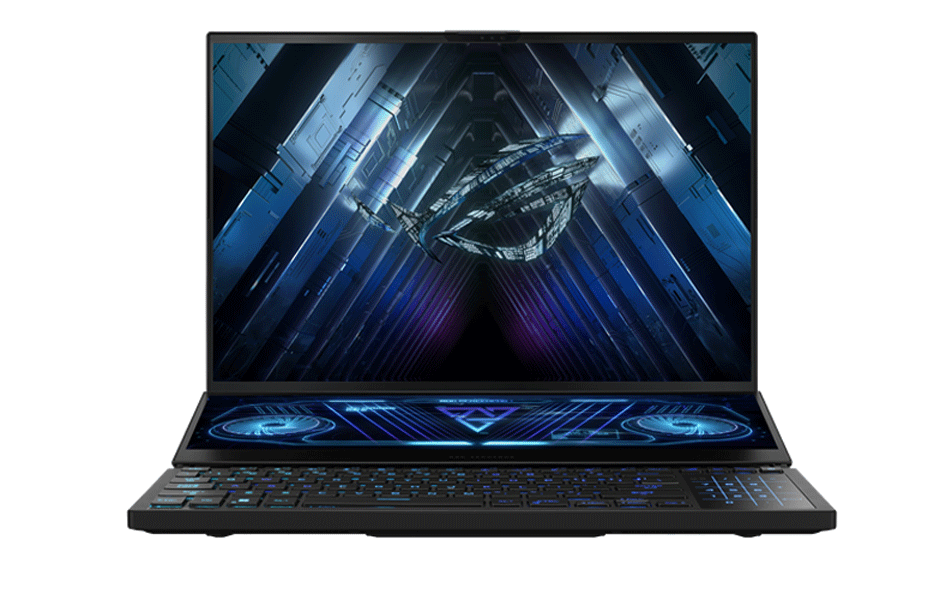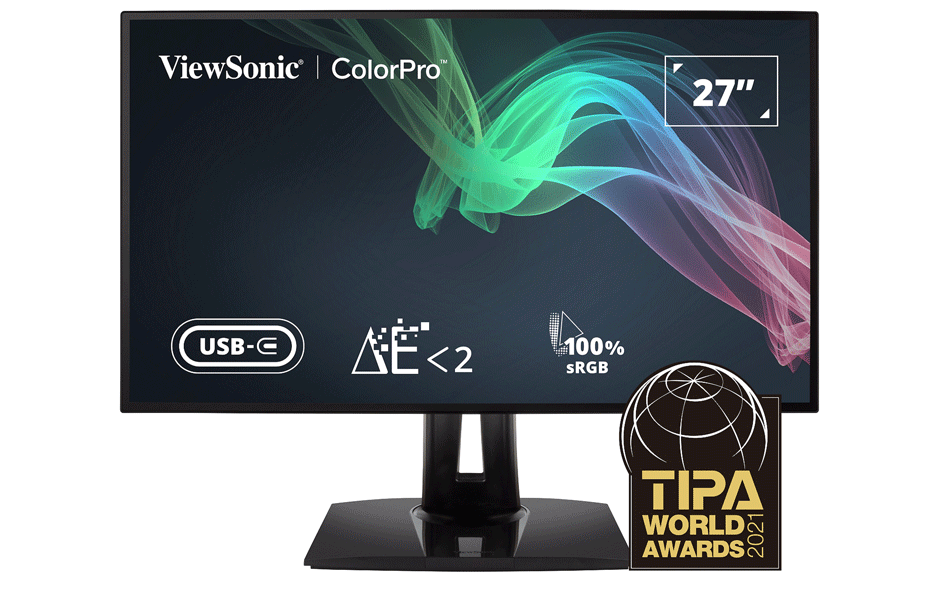Lenovo comes out with servers and hyperconverged systems based on AMD EPYC 7003 processors
Digital Edge Bureau 19 Mar, 2021 0 comment(s)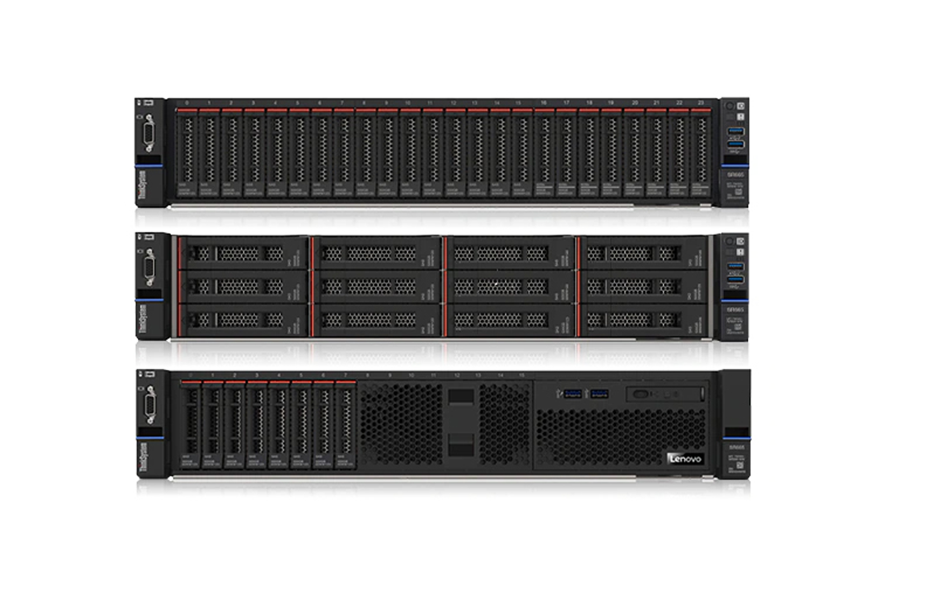
Lenovo is out to address the edge-to-cloud market with its latest servers and hyperconverged solutions based on AMD EPYC 7003 processors
Aimed at addressing the edge-to-cloud solutions market, Lenovo DCG (Data Center Group) has launched ThinkSystem servers and ThinkAgile hyperconverged infrastructure (HCI) platforms – which are powered by AMD EPYC 7003 Series processors – in the Indian market. Under the ThinkSystem series of servers, the company has launched ThinkSystem SR645 and ThinkSystem, ThinkSystem SR635 and ThinkSystem SR655. And with respect to hyperconrged platforms, the company has introduced models in ThinkAgile VX3575-G, ThinkAgile VX5575, ThinkAgile VX7575 and ThinkAgile VX7576.
These new and enhanced hybrid cloud solutions are designed to help organizations of all sizes, modernize, better secure their IT infrastructure, and deliver faster data insights. Specifically optimized to run demanding cloud computing workloads such as VDI, database and analytics, artificial intelligence and more, these solutions have built-in security features to help protect against data integrity and firmware threats.

Sumir Bhatia
President, APAC
Lenovo, Data Center Group
Sumir Bhatia, President, APAC, Lenovo Data Center Group, says, “From the edge-to-cloud, Lenovo is committed to enabling organizations to optimize data opportunities, offering the widest portfolio of solutions available to the market. However, we know that it’s not data that transforms the world – it’s the people who are using it to achieve the ‘impossible’, from the c-suite to the server room, research lab, or even checkout line. Lenovo’s data-centered approach is about providing these people with ongoing intelligence, security, and support”. “Lenovo’s new top-performing ThinkSystem and ThinkAgile portfolio, powered by AMD EPYC 7003 Series processors, will do just that by helping people glean quicker insights with this next wave of IT modernization”, added Bhatia.
Lenovo ThinkSystem servers
To help customers maximize their IT investments, Lenovo extends the ThinkSystem server portfolio to include the new 2-socket Lenovo ThinkSystem SR645 and SR665 and new Lenovo ThinkSystem 1-socket SR635 and SR655 servers, powered by AMD EPYC 7003 Series processors. These solutions can take advantage of the newly launched AMD EPYC 7003 series processors. The combination of Lenovo’s industry-leading server reliability and performance enhancements are ideal for customers building their edge-to-cloud infrastructure. Beneficial for research & development, financial services, retail and manufacturing, these new platforms are designed to accelerate computational power to newer levels.
Businesses running compute-intensive workloads such as HPC and AI can achieve up to 15 percent faster computational (floating point) results from the top of the stack AMD EPYC 7003 series processors, compared to the previous generation3
Customers running scientific research or engineering applications can expect to see up to 15 percent better performance using 48 to 64 core AMD EPYC 7003 series processors for improvement in-time-to-results supporting efforts to solve humanity’s greatest challenges
New ThinkAgile HCI offerings
Lenovo launches new ThinkAgile VX Series hyperconverged platforms combined with third-generation AMD EPYC processors. These solutions are tightly integrated with VMware vSAN to enable public cloud-like simplicity, in a private or hybrid cloud environment.
ThinkAgile VX3575-G is designed for compute-heavy applications such as VDI and AI workloads with the ability to support up to eight NVIDIA GPUs. While, ThinkAgile VX5575 offers a storage-dense 2U solution for fast, high-capacity storage applications including email management, data, and analytics. On the other hand, ThinkAgile VX7575 and ThinkAgile VX7576 have been optimized 2U for high-performance workloads such as analytics and databases.
Additionally, Lenovo is updating the Lenovo ThinkAgile HX series HCI solutions, with Nutanix, to take advantage of the third-generation AMD EPYC™ processors. ThinkAgile HX3375 and ThinkAgile HX3376 provide simplified operations, increased workload density, stronger data protection and seamless application across clouds to enable a true hybrid architecture. Customers will be able to run their virtual desktop workloads with increased performance.


